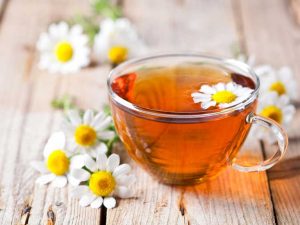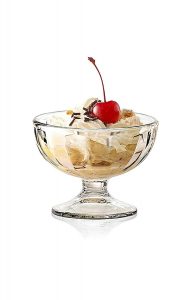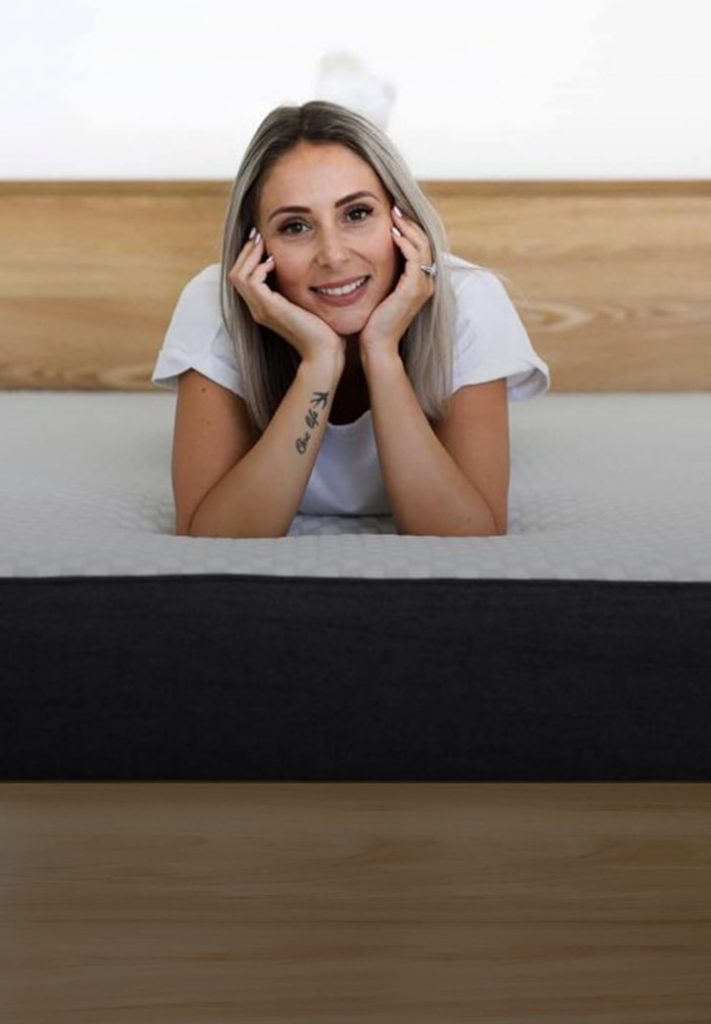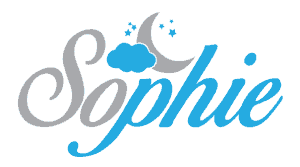So where do you start when looking for what to eat or drink before bed. We looked and there is so much noise out there about what type of tea or hot beverage works best to get you to the land of nod as quickly as possible. But when we sat down with Psychological Research Scientist, Megan Lee, we found there is a lot of science behind what is good and not so good when it comes to pre-slumber diet choices.
Chamomile tea and Nanna’s warm milk have actually been shown to slow the endorphins in your body and prepare it for rest, which just shows there is often a little bit of science in the remedies that have been passed down from generation to generation.

Now it seems foolish to mention, but we would be remiss if we didn’t, avoiding stimulants such as caffeine (found in coffee) sugary snacks, and drinks, including energy drinks, is critical to ensure a perfect slumber. A surprising fact that Ms. Lee shared with us, that we know a lot of our readers may not have been aware of, and therefore not adhere to, is not drinking liquids or eating at least three hours before sleep.
The science behind this advice is quite interesting, as any liquids consumed within 3 hours usually result in waking to go to the bathroom, which can ultimately disrupt Rapid Eye Movement (REM) sleep. REM sleep has been shown to be critically important in the body’s overall health, especially brain health.
Surprisingly, studies show that eating within 3 hours before sleep can significantly interrupt regeneration of the brain during REM sleep, but for different reasons. Scientists believe energy consumed by the body to digest the food, ‘robs’ the brain, reducing or completely restricting its ability to perform repair and maintenance functions within the brain.
There have been countless studies around consuming alcohol to assist with our nighttime slumber, however, more recent studies show that although it feels like it makes us sleepier, there is a big difference between the sleep you get when you “pass out” and when you naturally go to sleep. It has also been shown to affect the quality of sleep, which scientists believe is impacted by the high sugar content of most alcohol, which actually acts as a stimulant. The sugary content will wake the body up throughout the night (even if you don’t remember this happening).

The same can be said for eating dessert too close to bedtime as well. So it can be said if you like to have supper, try to avoid it within the 3-hour window. Try to select foods that have been shown to calm the nervous system and provoke sleep hormones, they include things like whole grains, nuts, natural yogurt (full fat), and leafy greens.
It’s amazing to think that the square of chocolate you may indulge in after dinner can be affecting your nighttime sleep health. So choose carefully and if you follow the advice, and are still struggling with not only getting to sleep but staying asleep, it may be time to upgrade your mattress.
Check out the amazing benefits of the Sophie here: Sophie Adjustable Beds Sydney

